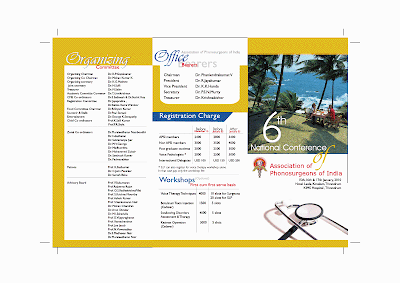Dr Ajit Man Singh writes
GENTIAN VIOLET PAINT was reccomended to me by my teacher on one post op myryngoplasty, where the repaired drum refused to dry up, and remained congested, despite anatomical closure.
I have since used it extensively in the ear: post tympanoplasty, mastoid cavities, otitis externa, otomycosis also, one teache erccomended for apthous ulcers, where also I have used.
I find that it does wonders.
however, I do not have any evidence of adverse effects, except fot the drycleaning bills of ones shirt.
Would appreciate inputs from others.Dr N N Mathur Writes:
It is in fact an old and trusted paint. I never used it in ear post myringoplasty/mastoidectomy, but I have extensively used it on some small fistulas/defects that remain in neck following head neck surgery. It does work vey well. Fortunately such defects are less now with better radiation/ cautery/ antibiotics and postop care. Only problem with it is difficult assessment of the site post application.
Dr Anil Safaya (Oman)Writes;
We used to use GV paint extensively in cases like apthous stomatitis and I agree, the results used to be astounding !!!...I agree, I am also keen to know more inputs!!!
Blog Author Comments:
One study has linked long term exposure to large amounts of Gentian violet with cancer. The Food and Drug Administration in the US has determined that gentian violet has not been shown by adequate scientific data to be safe for use in animal feed. Use of gentian violet in animal feed causes the feed to be adulterated and is a violation of the Federal Food, Drug, and Cosmetic Act in the US. On June 28, 2007, the US food and Drug Administration issued an "import alert" on farm raised seafood from China because unapproved antimicrobials, including gentian violet, had been consistently found in the products.Read
more


















